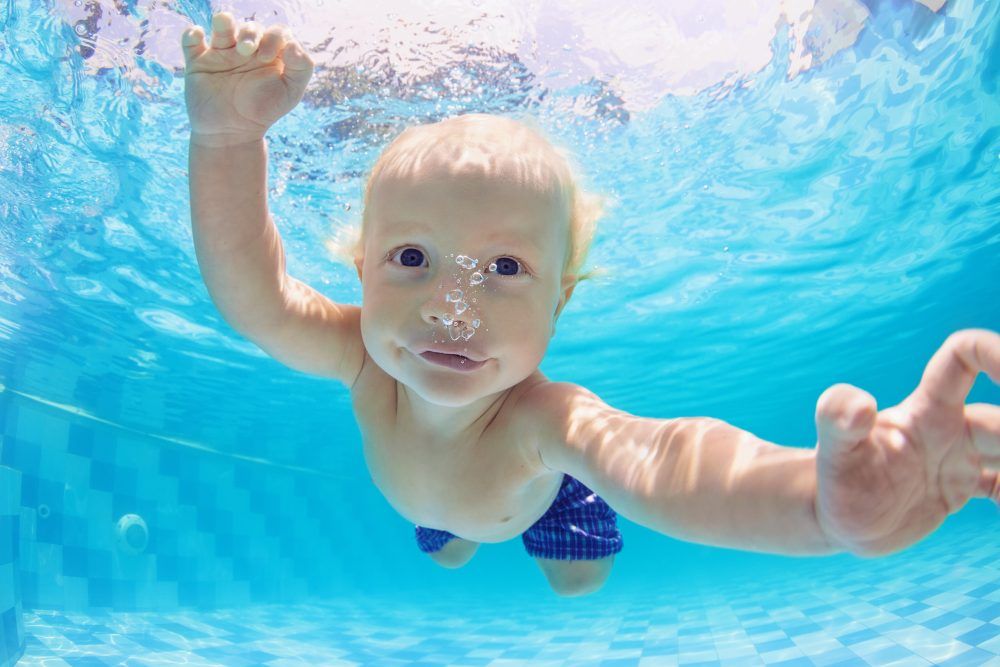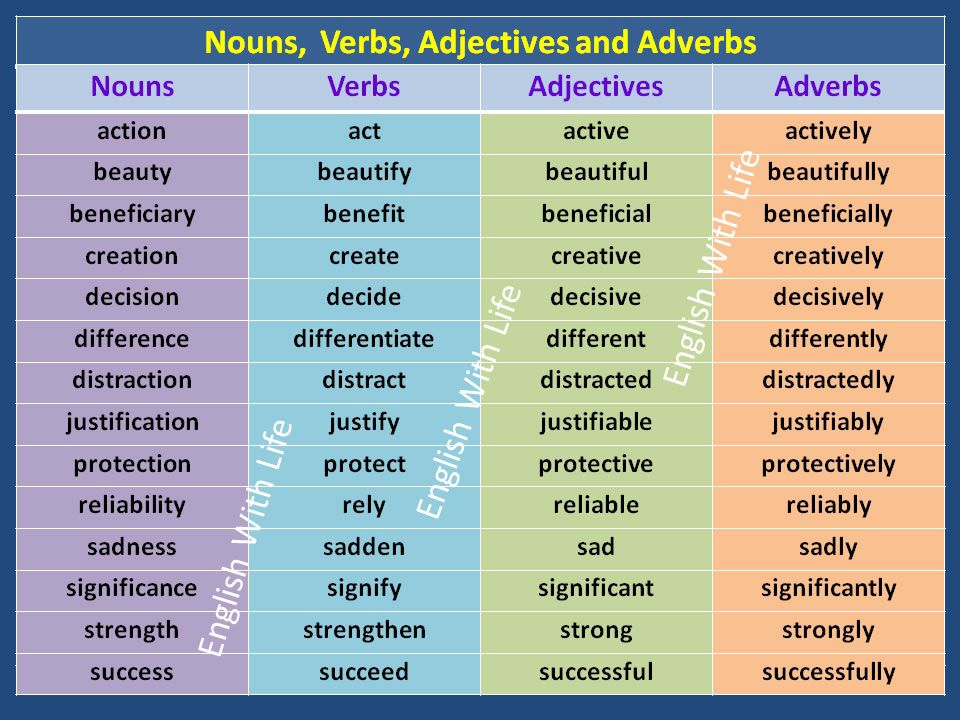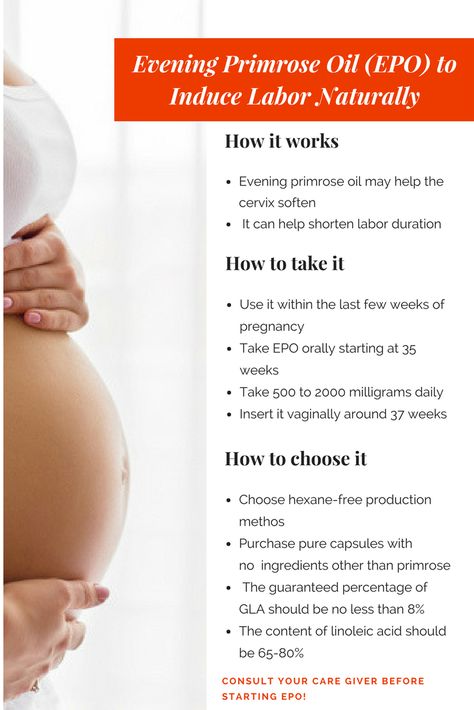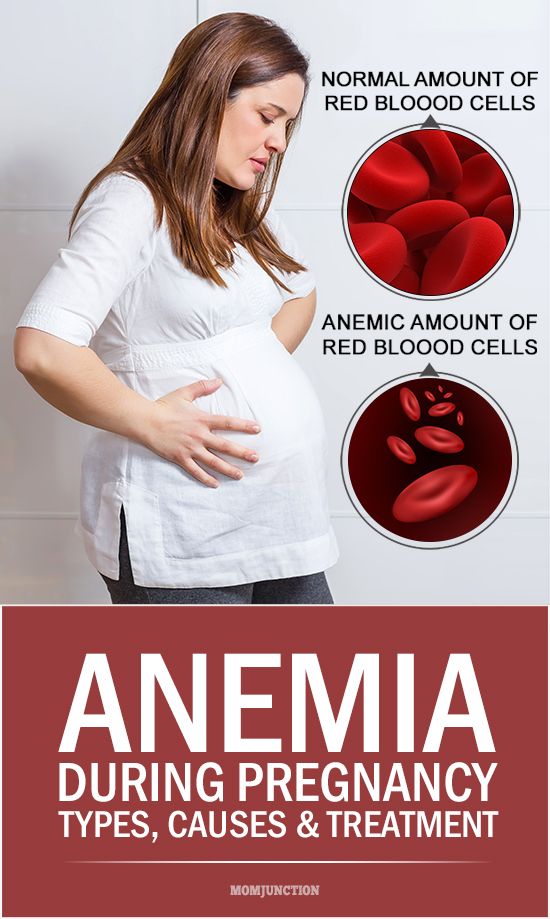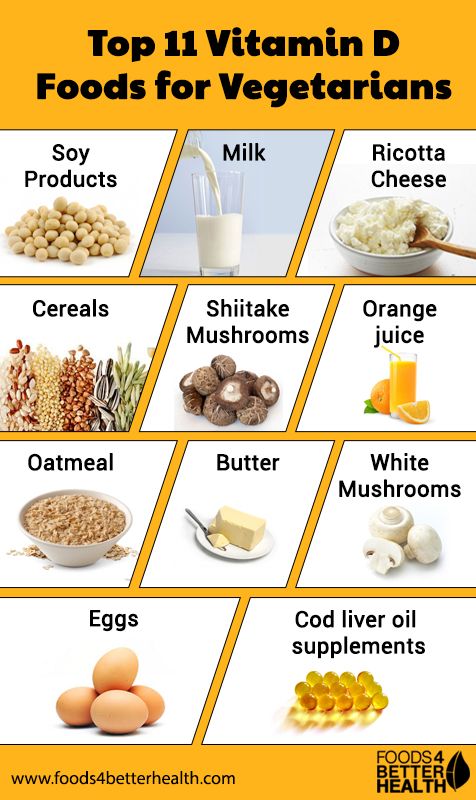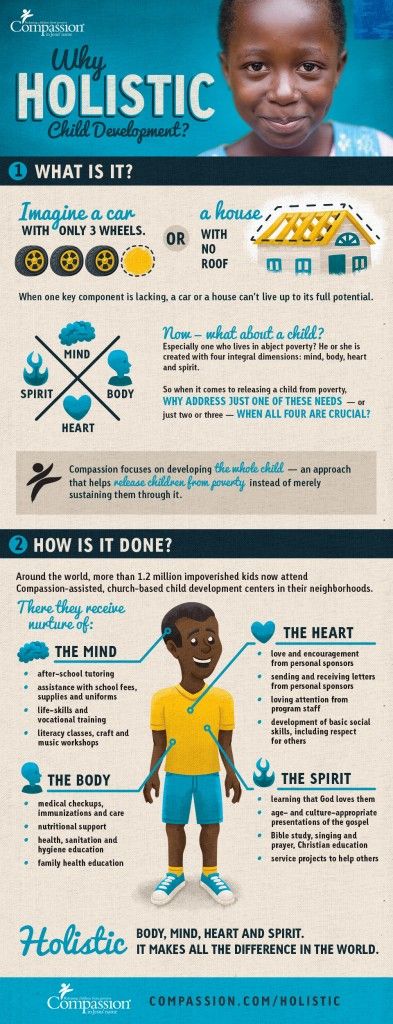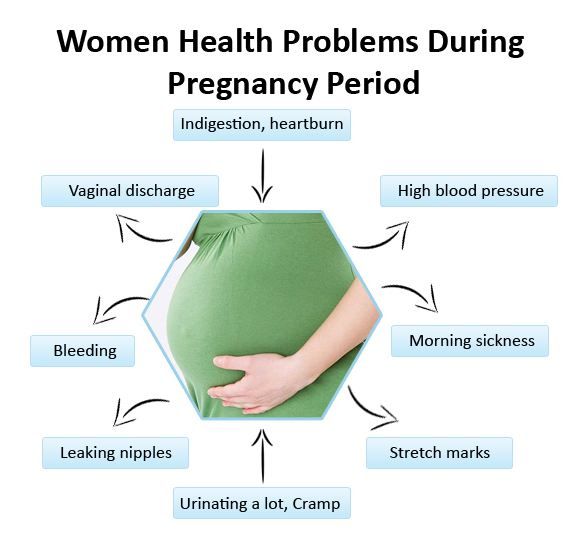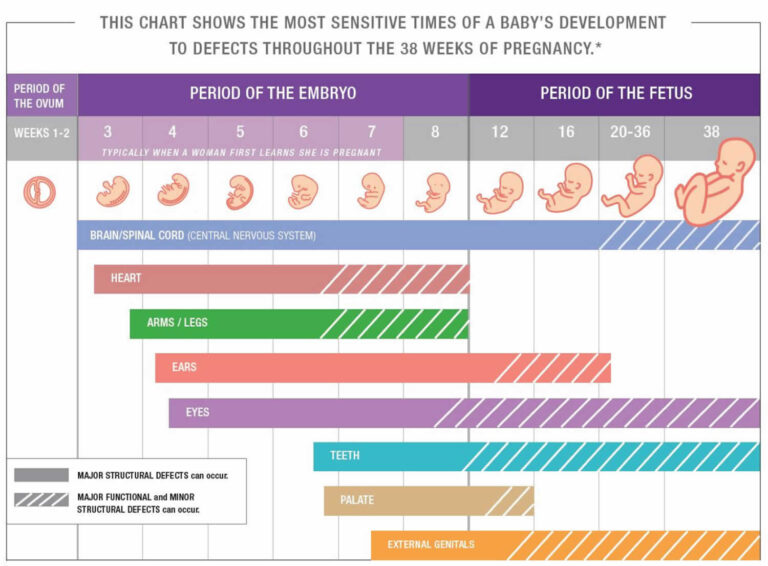What age can babies swim in pool
Swimming with Your Baby
OutdoorsHealth and SafetyInfant and Toddler Care
Most physicians recommend waiting until the baby is at least 6 months of age before going swimming with your baby. If your baby is less than six months old, avoid taking him or her to a large public pool, as the water is too cold. Make sure the water temperature is heated to at least 89.6°F before taking baby in.
A majority of baby water classes start at six months of age. The American Academy of Pediatrics doesn't recommend formal swimming programs for children age 1 and under. Parent/infant water classes at a young age are meant for enjoyment and bonding as opposed to water safety for your child.
Keeping Baby Safe and Comfortable in the Water
Regardless of the water's depth, make sure you are always within arm's reach of your baby.
Start off with 10 minute sessions in the water, followed by 10 minutes out. Gradually work up to 20 minutes in the water if the temperature is appropriate. For babies younger than 1 year, limit time spent in the water to 30 minutes maximum.
Putting your baby in the water up to the shoulders will help keep him or her warm. Keep baby moving through the water, gently swishing him/her around close to your body. As your baby gets older, you can extend your arms.
A baby's gag reflex is usually strongest up to 6 months of age, which means holding his/her breath underwater is involuntary. DO NOT put your baby underwater intentionally, but know your baby has this ability if his/her head goes under accidentally.
As soon as your baby begins to shiver, take him or her out and wrap in a warm towel. Babies lose body heat much quicker than adults, so if you feel a little chilly, take your baby out right away.
If your baby has a fever, cold or just isn't feeling well, do not take him or her swimming. Ask your doctor about any skin condition concerns before heading to the pool as well.
Make sure you always rinse off the chlorinated water and apply a baby-friendly moisturizer afterwards to avoid dryness or irritation.
Boosting Your Baby's Water Confidence
While in the water, make sure you're constantly talking and praising your baby. Let your baby splash and play with toys. If he or she can throw a toy, "zoom" over to it with baby so he or she can grab it.
For children who can support themselves, set them on the edge of the pool, count to 3 and pull your baby gently into the water at the end of the count. As your child gets older and can stand, have him/her stand on the edge and fall or jump into your arms.
You should also invest in an infant/toddler life jacket/personal floatation device (PFD). Before purchasing a PFD for your little one, make sure that it is approved by the United States Coast Guard. Most PFDs for young children have a neck support, buckles for the torso and a strap between the legs or pair of "pants" underneath to keep the PFD on. The neck support ensures that a young child with poor body control will be upright in the water. Using arm floaties or water wings is not recommended, as they may slip off.
Age Guidelines for Swimming
As your child ages, he or she will become more confident in the water. Certain skills come with certain ages, especially with the help of swimming lessons. Each child develops at a different rate, but it's important to always be encouraging if water activities will be a part of your child's life.
6-18 months
- Explore water, feel comfortable in it
- Do very basic kicking and pulling movements
- Start to master floating and gliding, blowing bubbles, changing directions, getting in and out of water (ALL WITH ASSISTANCE)
18 months-3 years
- Keep building skills (basic arm motions, kicking)
- Get in and out of water by him/herself with stairs (closer to age 3)
- Learn to dunk head and hold breath
- Jump in to you, next to you
3-5 years
- Learn to float on front and back
- Roll from one side to another
- Use arms and legs to propel forward, tread water for short time
5 years and older
- Put all motions together (arms, legs, breathing) and start swimming
- Jump in alone, learn to dive
- Working on floating and gliding
Outdoors;Health and Safety;Infant and Toddler Care
It looks like your browser does not have JavaScript enabled. Please turn on JavaScript and try again.
Please turn on JavaScript and try again.
It looks like your browser does not have JavaScript enabled. Please turn on JavaScript and try again.
When babies can go in swimming pools
- Community
- Getting Pregnant
- Pregnancy
- Baby names
- Baby
- Toddler
- Child
- Health
- Family
- Courses
- Registry Builder
- Baby Products
Advertisement
Photo credit: iStock.com / romrodinka
The American Academy of Pediatrics (AAP) doesn't have an official age recommendation for when babies can go in pools, but most pediatricians recommend waiting until your baby is about 6 months old or can hold their head up well on their own (around 4 to 5 months).
When you do introduce your little one to water, keep the following safety tips in mind:
- Practice "touch supervision," meaning that an adult stays within arm's reach of an infant or toddler whenever they're in or near a body of water.
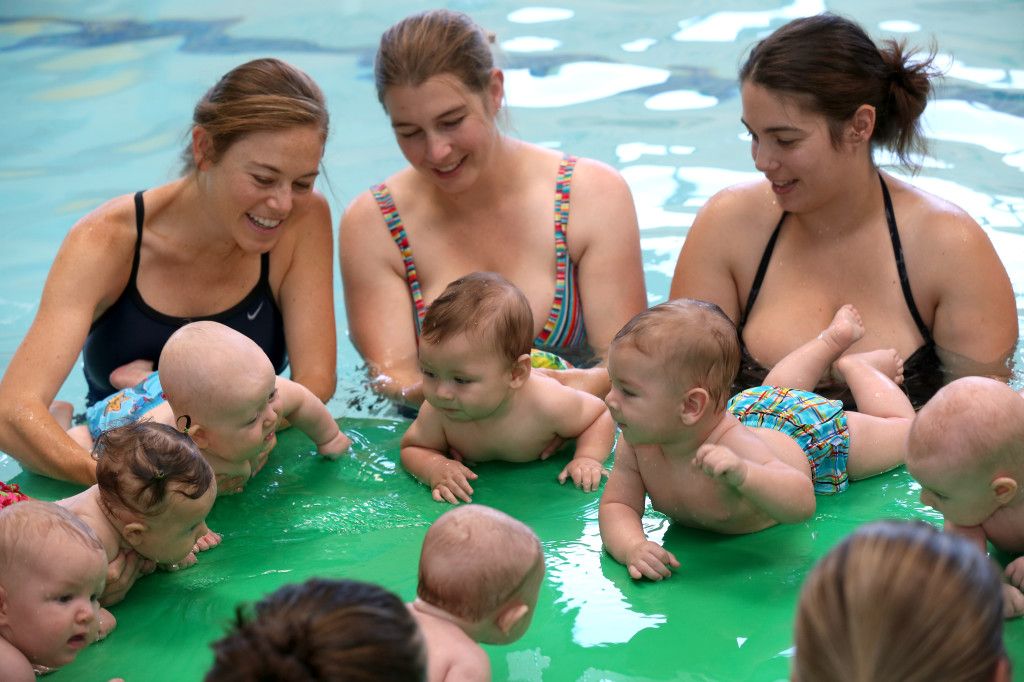
- Always hold your baby in the pool, and don't wade into water too deep for you to maintain firm footing.
- Once your child can walk, teach them some basic pool safety tips: Don't run near the pool, and don't get in the water by yourself.
- Inflatable toys like water wings, inner tubes, and pool noodles are fun to play with, but aren't meant to serve as flotation devices. Have your baby wear a personal flotation device (PFD) that fits properly and is approved by the U.S. Coast Guard.
- If you're going to a public pool, make sure a lifeguard is on duty.
If you're using a swimming pool at home:
- Drain inflatable or plastic pools after use and store them in an upright position.
- If you have a permanent pool, completely enclose it with a fence at least 4 feet high, though 5 feet is preferable. Lock the gate after each use with a latch that your child can't reach.
It's highly unlikely that your baby will get sick from swallowing some pool water, but make sure any device that dispenses chlorine is kept out of reach so your baby doesn't accidentally ingest or inhale chlorine.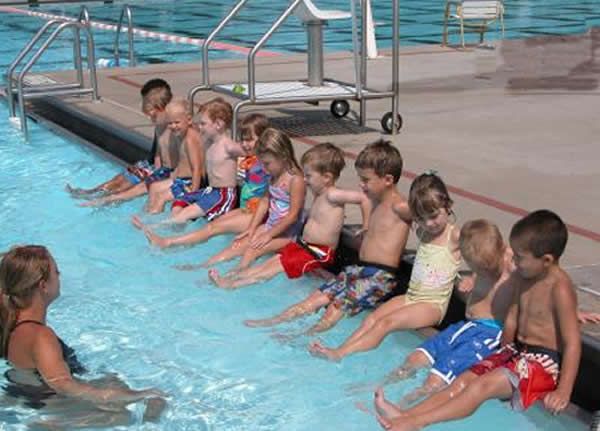
Take care that the water isn't too hot or cold. Babies aren't able to regulate their body temperature as well as adults, so their temperature can change very quickly in water that's too cold or hot. And don't let your baby or toddler in a hot tub, spa, or pool heated to more than 100 degrees Fahrenheit until they're 3 years old. The high temperatures in hot tubs can cause a child's heart to race or pose other dangers.
Sun exposure is another factor to consider when getting ready to take your baby in the water. Be sure to lather them up with sunscreen, and have them wear a wide-brimmed hat or sunglasses to protect their eyes. And keep an eye out for signs of overheating: cool, moist skin; dizziness; and leg or stomach cramps.
The AAP recommends starting swimming lessons once your baby's about a year old, though you may see lessons designed for parents and babies as young as 6 months. There's no harm in enjoying some pool time with your baby at that age, and it can be a great bonding experience for the two of you.
Advertisement | page continues below
Erin Heger
Erin Heger is a freelance journalist who writes about health, parenting, and social issues. Her work has appeared in The Atlantic, HuffPost, Business Insider, and Rewire News Group. Born and raised in Kansas, she lives just outside Kansas City with her husband and two kids.
Swim before you walk: all about baby swimming
Forgot your password?
Enter your card number and we will send you instructions on how to reset your password
Card numberHome All events
October 03, 2017
Blog for parents Pool
Why is baby swimming so important? What are the benefits of classes and what are the pitfalls? We analyze all the nuances and aspects of this exciting process together with Olga Filina, the swimming coach of the Magis Children club.
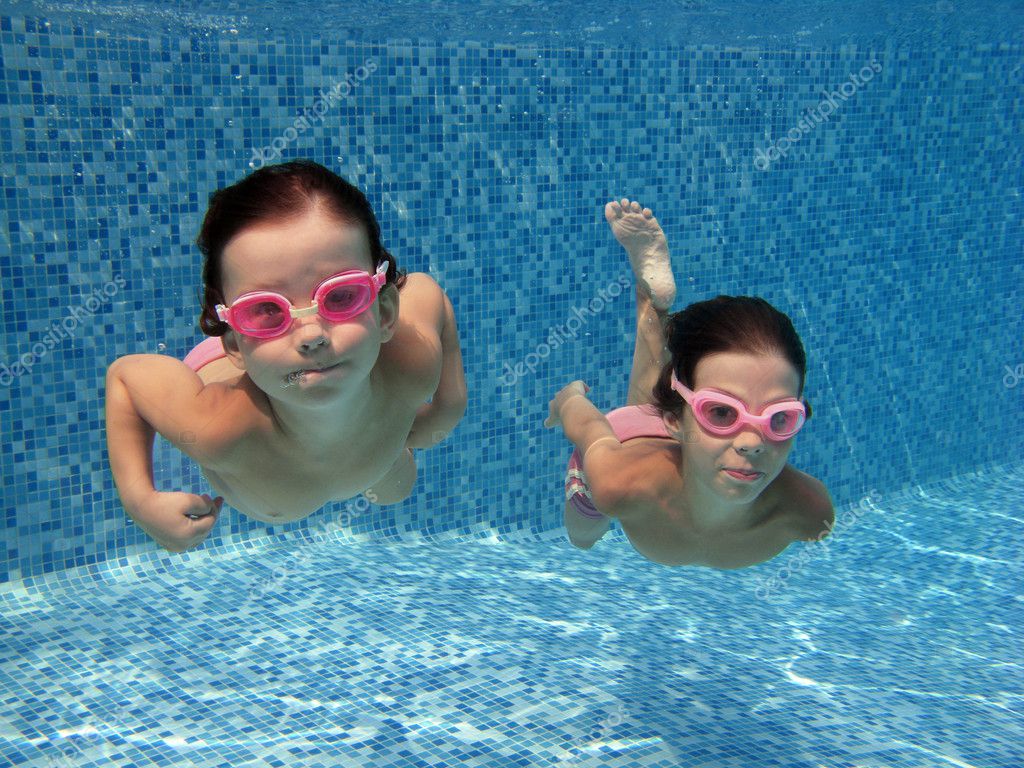 nine0013
nine0013 MAIN QUESTION: WHY IS IT NEEDED?
The benefits of baby swimming leave no doubt. Swimming baby develops all major systems of the body: cardiovascular, respiratory, muscular, nervous. Swimming stimulates blood circulation and strengthens the child's immunity. Children who are accustomed to water from an early age are distinguished by stronger immunity and physical endurance.
Learning to swim at an early age is an excellent prevention of scoliosis, postural disorders, and muscular dystonia. In addition, swimming gives the child pleasure and joy, and also affects the development of personal qualities: discipline, self-control, courage, determination, independence. Children who swim from birth are more sociable. Psychologists have established that children, diving and swimming at a depth, overcoming the water column, develop in themselves such personality traits as purposefulness, determination and courage. nine0005
CHANGING THE STEREOTYPE: SWIMMING DOESN'T MEAN SICKING MORE
Children who go in for swimming at an early age harden their bodies.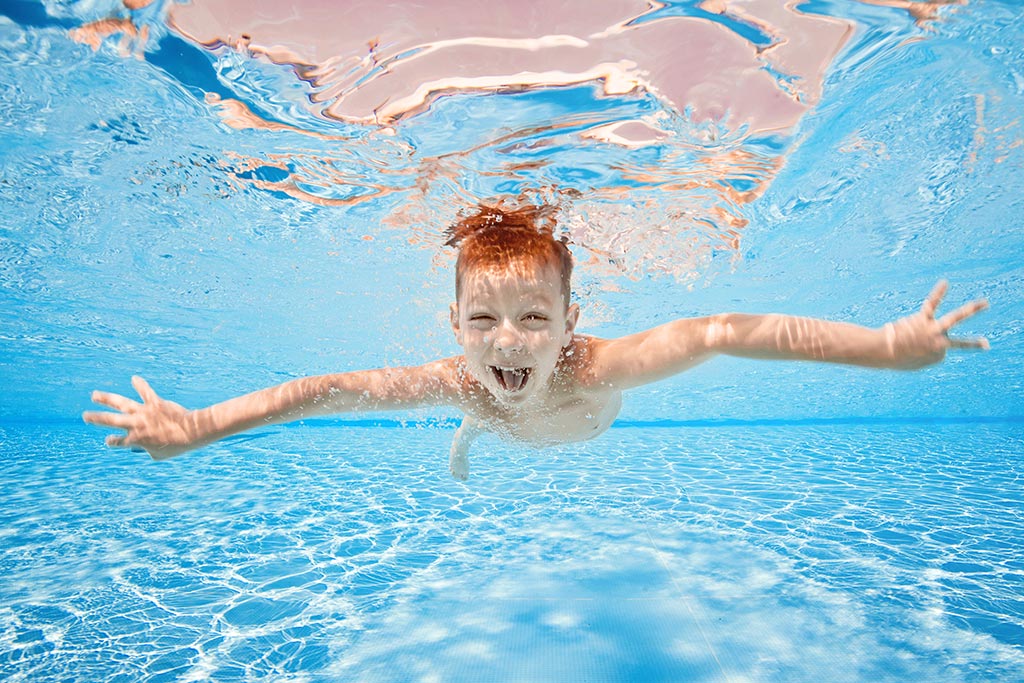 The water temperature in the baby pool is 36 degrees. Gradually, the children move into the pool with a temperature of 32 degrees. How exactly does this happen? Of course, smoothly and gradually. We advise parents to combine pool activities with swimming at home. When the baby has been swimming in the pool for up to three months, studying at home, the parents gradually make the temperature lower, gradually lowering it from 36 to 32 degrees. This process lasts about 2 weeks, then the children move to a small pool with a lower temperature, and a hardening effect occurs. It is important to follow all hygiene rules after being in the pool: wipe the whole body dry, especially the ears, warmly dress the child, do not walk in the wind and do not get caught in drafts. Then the child will in no case get sick after classes in the pool. nine0005
The water temperature in the baby pool is 36 degrees. Gradually, the children move into the pool with a temperature of 32 degrees. How exactly does this happen? Of course, smoothly and gradually. We advise parents to combine pool activities with swimming at home. When the baby has been swimming in the pool for up to three months, studying at home, the parents gradually make the temperature lower, gradually lowering it from 36 to 32 degrees. This process lasts about 2 weeks, then the children move to a small pool with a lower temperature, and a hardening effect occurs. It is important to follow all hygiene rules after being in the pool: wipe the whole body dry, especially the ears, warmly dress the child, do not walk in the wind and do not get caught in drafts. Then the child will in no case get sick after classes in the pool. nine0005
AGAIN ABOUT IMMUNITY
There are several stages of development and strengthening of children's immunity. The first stage is from 0 to 1 month, the second stage is from 2 to 3 years, and the third stage is at the age of 6-7 years.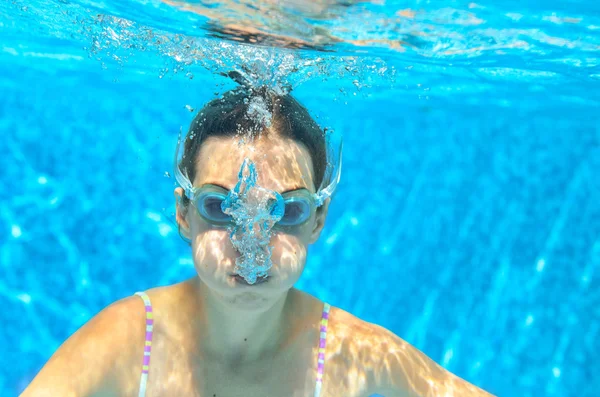 This is the time when children, in principle, begin to get sick, regardless of whether they go to the pool or not. And swimming is exactly the tool that will allow the child to get sick much less often due to hardening and general strengthening of the body.
This is the time when children, in principle, begin to get sick, regardless of whether they go to the pool or not. And swimming is exactly the tool that will allow the child to get sick much less often due to hardening and general strengthening of the body.
WHEN AND HOW TO START? nine0016
Baby swimming can be practiced at home approximately 7 days after birth. In the pool, a child can start exercising when his umbilical wound has completely healed: depending on the characteristics of the body, this happens after 3 weeks - 1.5 months.
The most comfortable age to start classes is 1.5 - 3 months, when the child has not yet lost the unconditioned swimming reflex. From 3 to 6 months, this reflex fades.
WHAT TO BRING WITH YOU TO LESSON? nine0016
For swimming in the pool, you need to take a special swim diaper, a diaper for changing clothes on the changing table, a towel. When the baby's hair begins to grow, you need to take a bathing cap to class. In groups of advanced infant swimming, children who have been practicing in the pool from the first months wear swimming goggles from the age of 4 months.
In groups of advanced infant swimming, children who have been practicing in the pool from the first months wear swimming goggles from the age of 4 months.
WHAT CAN YOU LEARN?
The main task of infant swimming, in addition to health improvement, is the acquisition by the child of the skill of independent swimming. It can be easily mastered up to 1 year if you start practicing from birth. By 4-5 months, the child can begin to swim independently and without support. nine0005
HOW DOES A CLASS WORK?
Like any activity, it is built from a warm-up, main part and a cool-down. At the warm-up, we do special rocking exercises and prepare the child's body for the main part of the lesson. The structure of the main part of the classes includes a set of exercises for all muscle groups, swimming on the stomach, on the back and diving (diving). In the final part of the lesson, we do relaxing exercises, hydromassage, massage with special balls.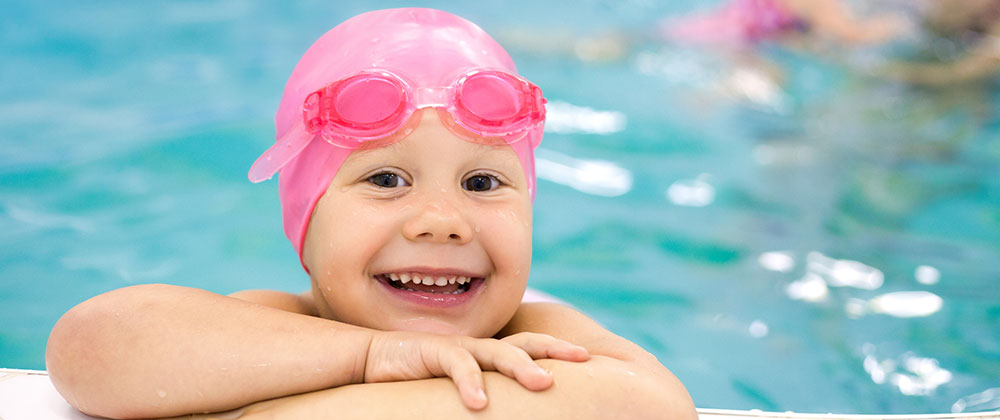
CHOOSE THE CORRECT POOL
- First, be guided by the territorial features: a big plus is the pool's walking distance.
- The second important point is the choice of a coach. Before choosing someone, study it - according to reviews on websites and social networks (many trainers maintain their own blogs and pages), according to the recommendations of parents with experience, according to information about the achievements of the trainer presented on the swimming pool sites. It is important to study the trainer before training with the baby so that you do not have to change the teacher if you do not like his teaching method. Beforehand, be sure to meet with the coach and talk with him about what his methodology is, how many years he has been practicing teaching infant swimming, what are the principles of his life. Align your training goals with the goals that the trainer sets in his classes. nine0066
- The third point is the technical conditions in the pool, hygiene and water purification system.
 The safest water purification systems do not use chlorine, which is not found in every pool.
The safest water purification systems do not use chlorine, which is not found in every pool.
IMPORTANT! WATER PURIFICATION SYSTEM
When you enroll your child in the pool, find out which water treatment system is used in it. As we have already mentioned, the safest water purification system is without chlorine, which, for example, is used in Magis Children pools. Water is disinfected around the clock with an ultraviolet lamp, quartz lamps, and is processed with a sand filter. In addition, the Italian HTH water quality control system is installed in our pools: every two minutes a sample of water from the pool is taken and its quality is determined. The system automatically adjusts the quality level: thanks to a perfect filtration system, the water is completely renewed once every 30 minutes. Every day, 30% of the water in the pool is drained and the water is manually cleaned by technical staff: special reagents are added and water is added to the desired level.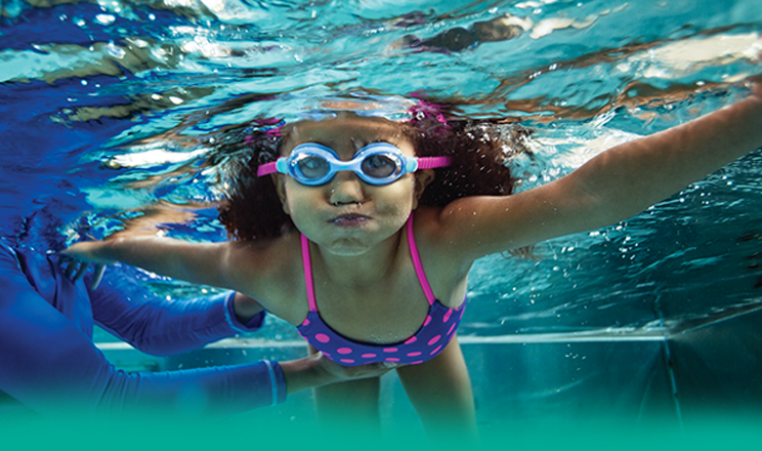 Water is taken daily for chlorine content: it is always 0.
Water is taken daily for chlorine content: it is always 0.
HOW LONG IS THE CLASS AND HOW OFTEN SHOULD I ATTEND THEM?
Toddler session lasts 30 minutes. To achieve your goals, you need a system and regularity of visits: 2-3 times a week. If the training is prescribed by the doctor as the minimum course that you need to complete for recovery, we also recommend that you complete a full course with a frequency of visits 2-3 times a week.
EXERCISE GROUPS WITH MOTHER: WHAT DO THEY NEED FOR?
The main focus of the baby's activities with his mother is to support tactile contact. Often mum's group sessions are seen as helping with the transition from swimming at home to swimming in the pool. With mom, you can get the initial swimming skill, a lot of useful emotions, and start getting used to the water. The first crisis, which happens when a child is teething, is much easier if the child is engaged with his mother. Since mom is not a professional swim teacher, naturally, the best results can only be achieved with a personal trainer.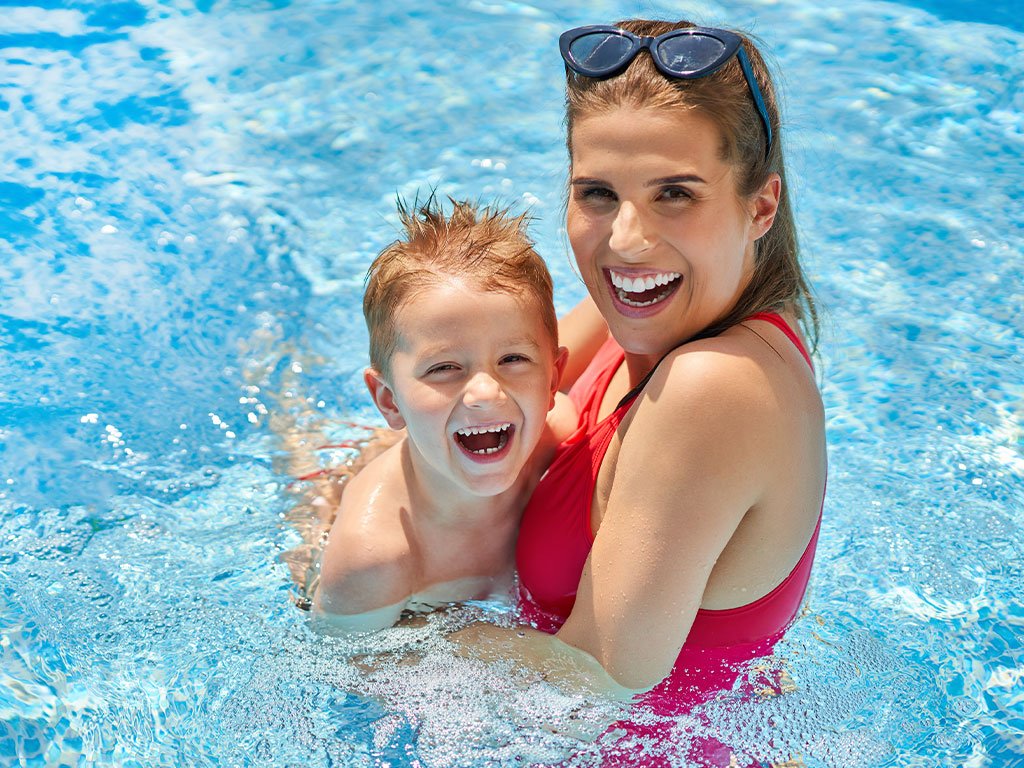 nine0005
nine0005
Share on social media networks
December 22
7 DAYS OF FREE TRAINING!
We invite everyone to the club Magis Children on Krasnoarmeisky, 25 for 7 days free...
07 December
NEW YEAR'S PARTY!
Dear parents, we invite your heroes to New Year's parties!...
December 06
"ALTAY OPEN"-2022 in Koshiki karate
The results of the performance of young athletes at the Interregional tournament in Koshiki...
Write to us
Ask us any question you are interested in, share your feedback or suggestion.
at Vzletnoy
at Krasnoarmeisky
Introduce yourselfPhone numberMessageI agree with the privacy policy nine0005
At what age should a child be sent to swimming
To give a correct coaching answer to such a frequently asked question: "At what age can a child be sent to swimming (to the sports section)?" - this question should be divided into two separate questions: "From what age is it POSSIBLE?" and "From what age DO I NEED?" (or "From what age is it BETTER to send children to study in the pool?").
To the first question ("From what age is it POSSIBLE?"), the answer will be:
without any Method - simply on the basis of a pseudo-scientific method, with the prospect of epilepsy predicted by Professor Savelyev in 8 cases out of 10, with the result in the form of almost irremediable incorrect swimming skills in a child (which is a guaranteed "fat cross" on the prospect of further from conscientious professional Coaches, become a good swimmer and swim regularly in life for the sake of health and fitness), as well as all the other "charms" of this Path, described in detail by us in a huge article about Early Swimming. nine0005
This is the Path from the series "Hurry up - make people laugh", but they usually find out about it "when the train has already left", because among the debilitated "dark people", who traditionally love everything "magical" and aimed at the mythical "unreal development" of the child from training with him in the water, fooled by the massive propaganda of "interested people" in the media and, especially, on the Internet (moreover, fooled already to such degree of insanity, that no one is even ever interested in WHO, according to qualifications and BY WHAT METHODOLOGY, these supposedly "very useful classes" with a crumb, although there are completely unskilled people, and there is no Method at all! nine0005
* Do you disagree with this? OK, then give a link to such a Method and to specialized qualified Specialists working on it, trained in some state university according to state-approved training programs!
- this Path is usually regarded by fools (devoutly believing in aqua-sectarian tales) as "Very progressive", "Only for the most advanced and conscious", "Extremely useful for a child", etc.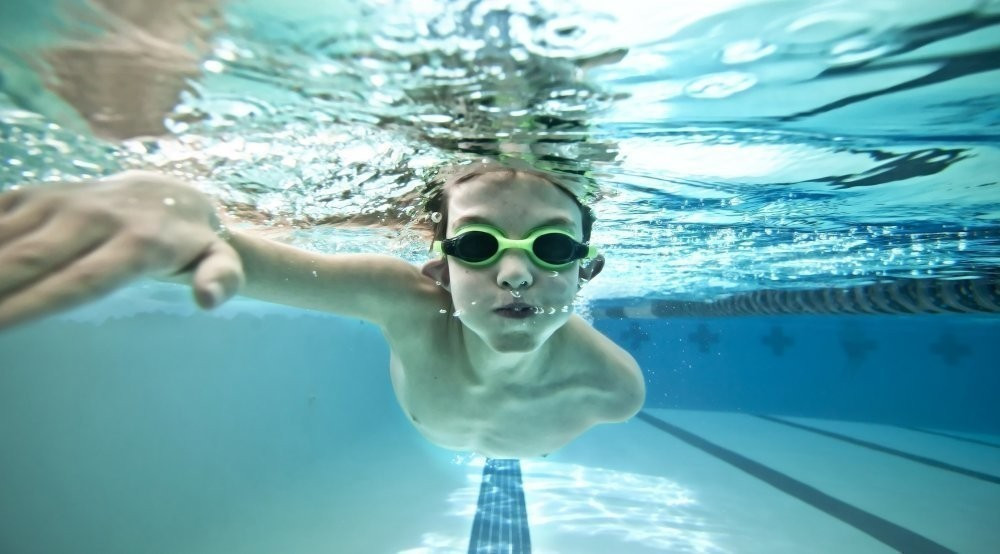 - in strict accordance with the Dunning-Kruger effect. nine0005
- in strict accordance with the Dunning-Kruger effect. nine0005
But if we put the question like this: "From what age is it NEEDED?" (or "From what age is BETTER?"), i.e. we are talking exclusively about common sense, proven by generations, where the Goal for one part of the parents is: "It's just good to teach swimming so that the child becomes a good swimmer and swims all his life for the sake of health and fitness" (i.e. "to swim was friends," as parents often say), and the other, more ambitious one is "Sports and sports results", then the answer of any specialized qualified specialists, like us, who have worked in swimming pools all their lives, will be:
Previous Chapter
Coaches' answer to the question "At what age is it better to start training?"
- Answering the question “From what age is it BETTER to start swimming?”, we proceed from the fact that the goals of parents who intend to teach their child IN GROUP FORMAT are very different:
- - Some parents want their baby to just go to the pool and had regular classes with a qualified Teacher for a number of years, so that during this time he was qualitatively trained and became, as a result of these classes, not a champion, but simply a more or less tolerable swimmer-surgeon by the age of majority.
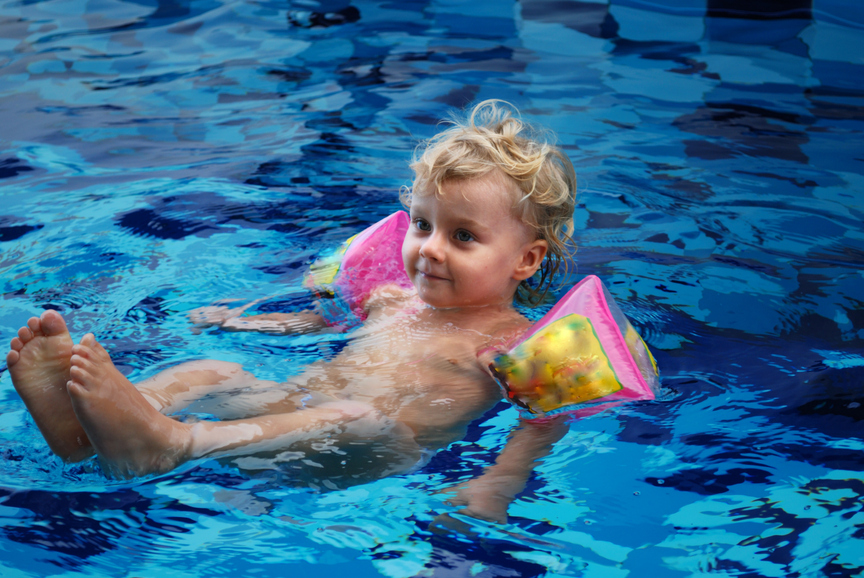 nine0066
nine0066 - The most suitable for this purpose is the Sports and health-improving format of classes, and the optimal time to start classes is the age of 6-7 years. The latest is 8 - 9 years. The earliest is 4 - 5 years.
- - Those parents who set sports goals for themselves need a Sports format of classes. Here the most optimal time to start classes is the age of 5-6 years. The latest is 7 years. The earliest is 4 years.
- * Fitness Club format will not be discussed here, because, in most cases, these are low-quality classes. nine0066
- Thus, and most colleagues will agree with this, the most optimal age to start teaching children to swim IN A GROUP FORMAT, regardless of their gender and the goals of their parents - is:
-
6 years
- which is suitable all formats of classes - both for Sports and for Sports and Recreation. - * "for Sports and Sports and Recreation" - this, of course, is a question of the distant future, because. all this "sportiness" or "sports and health" begins to differ from each other only after the end of the Primary Education, which is exactly the same for all future "formats".
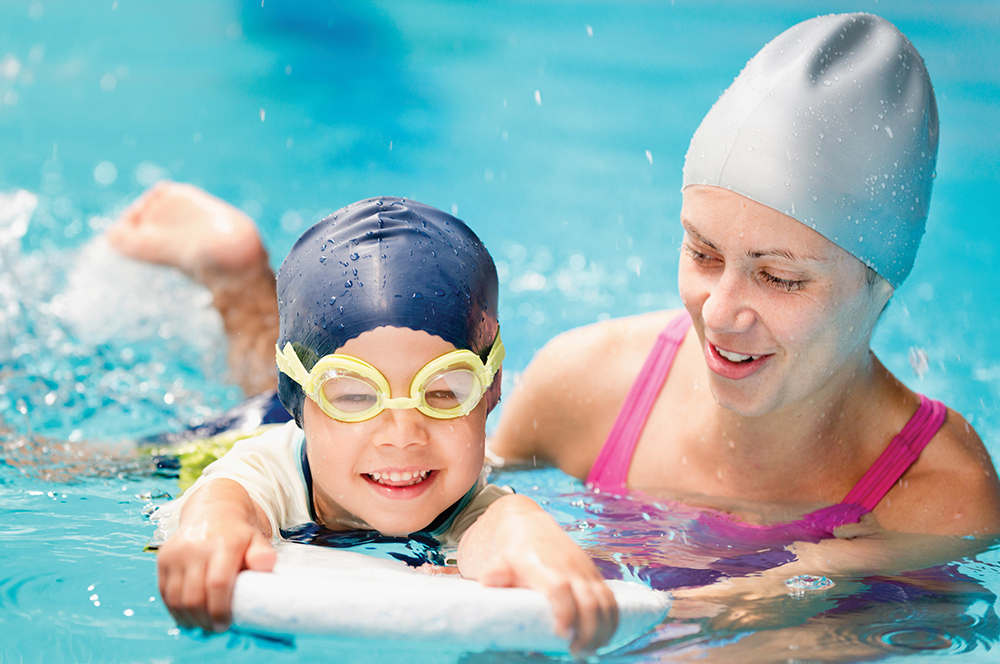 nine0066
nine0066 - - this is for those who ask the question: "When to give to professional swimming / to the professional section?".
- They need to understand that here everyone will first have classes in the paddling pool (just like in the school where the elementary school comes first) - where they teach the basics, and professional (i.e. "sports") - this is already later , just like a special school in a school. And most of this "special school", by the way, is not needed!
- + See also: How quickly do children learn to swim - the answer to a topical question for parents
- ** EXCEPTION :
- For the few parents who:
- 1. Has its own pool (not chlorinated according to SanPiN standards, like all other pools)
- 2. Has the financial ability to educate a child IN INDIVIDUAL FORMAT by an experienced (in work with this age category of children) Qualified Trainer
- - it is permissible to start classes IMMEDIATELY after year (Our offer for classes with kids from one to 4 years old) nine0066
- The importance of what is necessary from the very beginning to “lay the foundation” correctly (having developed and consolidated the correct swimming skills in the child), and for this you need to have a First Coach - a Real Coach .
.. - we hope you understand ...
- Therefore, parents just need to decide in advance on the Goals and the very format of classes (Sports or Sports and Recreation) and, not paying attention to various "stoned" fools-advisers who have only one super-valuable idea in their heads: "It is necessary how You can start early!" and false confidence that amateur performance and / or false Coaches, i.e. people without specialized qualifications, are now massively offered to the consumer (under the guise of specialized Teachers) both on the Internet and in ordinary Pools and, especially , in Fitness Clubs,
- - just slowly look for the most suitable place for future classes (collecting information about specialists working there from other parents), and, after looking at such a place, you need to go there and find out what qualifications and experience the specialists work there (and, most importantly, how can you be sure of this by looking at the documents of the "tutors" offered to you there, because at this very main point, fools "who trust the word of the Pool Administrator" are now very often deceived!) and from what age do they take children there .
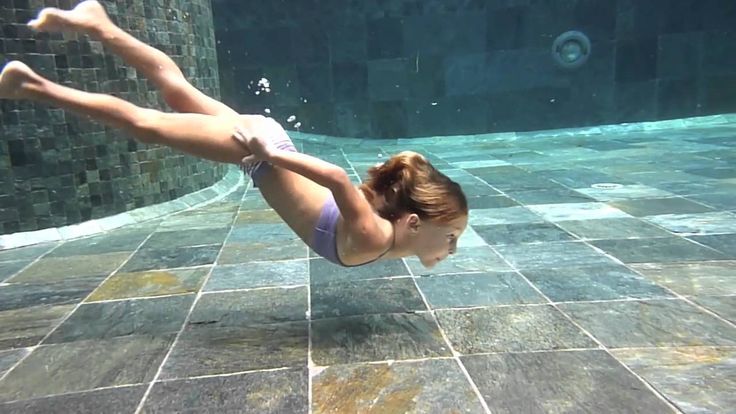 nine0066
nine0066 - And before you take your child to the pool, think again on the topic "Is my child ready, at this age, for such group activities?" - That's all!
- * By "suitable place" we mean a place where all the necessary conditions for high-quality education of non-swimming babies are met, which are detailed both in this article (the last chapter of which you are now reading), and in other articles located on our website ( see the menu item "Children" or the menu item "Articles"), the most important of which, of course, are such conditions as:
- * Separate chapters of this article are devoted to each of these points, which we hope you have already read, and those who have not read it yet will read it by clicking the links.
- ** Once again, we emphasize that the Three Most Important Conditions (+ the initial absence of incorrect skills!) - they are the cornerstone of the success of this whole business, which ultimately boils down to developing and consolidating the right skills in the trainees swimming skills, then passing into the "Correct" Technique! nine0066
- 2.
 The "correct" Coach, i.e., in the past, a professional swimmer of the CMS level / Master of Sports, and now a highly qualified Teacher with a Higher Education (and, highly desirable - with a great coaching experience!), Who, in his time, for 5 years he was taught in a specialized university how exactly to teach others the ability to swim according to the very scientifically based Method, according to which, once, he himself was taught.
The "correct" Coach, i.e., in the past, a professional swimmer of the CMS level / Master of Sports, and now a highly qualified Teacher with a Higher Education (and, highly desirable - with a great coaching experience!), Who, in his time, for 5 years he was taught in a specialized university how exactly to teach others the ability to swim according to the very scientifically based Method, according to which, once, he himself was taught. - 3. "Correct" Pool, specially adapted so that the "Correct" Trainer can work there according to the "Correct" Method, i.e. a special children's "paddling pool", where trainees can stand confidently - so that the depth is, at most, "chest-deep". "Up to 7 years - the depth should be no more than 60 cm," says the above film of the WFP, in SanPin 2.1.2.1188-03 and in a circular letter from Rospotrebnadzor. nine0066
- As you can see, it's not all that complicated! ;-)
- And if you are interested in all this in more detail, then you need to look at the Section "Pests / Board of Honor" - Video examples of right and wrong activities, specially created in order to illustrate with specific examples what (traditionally) considered in the coaching community as Bad and Good, i.
 e., in other words, what (i.e. what specific actions and techniques) leads to the development of correct or incorrect skills in trainees. nine0066
e., in other words, what (i.e. what specific actions and techniques) leads to the development of correct or incorrect skills in trainees. nine0066 - ** Usually, in most "decent" places, kids are taken to the "splash pool" from the age of 4 - and not earlier! If crumbs of earlier ages are taken, then, in this case, parents should be seriously wary, because. this is already clearly “Artificial expansion of the client base due to UNJUSTIFIED lowering of the age bar (accepted for training)”, and, therefore, with a high degree of probability, we can say (more precisely, suspect!) that it’s not common sense that “rules” in this place, not focusing on the quality of classes and the right skills in the end, but rather, first of all, banal commerce. nine0066
- - Let's repeat the main thing: It is much more important that the classes for kids are of the highest quality - and, especially, at the very beginning, when primary skills are laid ("foundation" or "base"), and the age of starting classes is completely unimportant - this can be both 4 years old and 7 years old, because, by the age of 12, both of them will swim exactly the same (at the same level) and even the "sharp coaching eye" will not always guess at what age this one began to practice 12-year-old swimmer - from 4 or from 8.
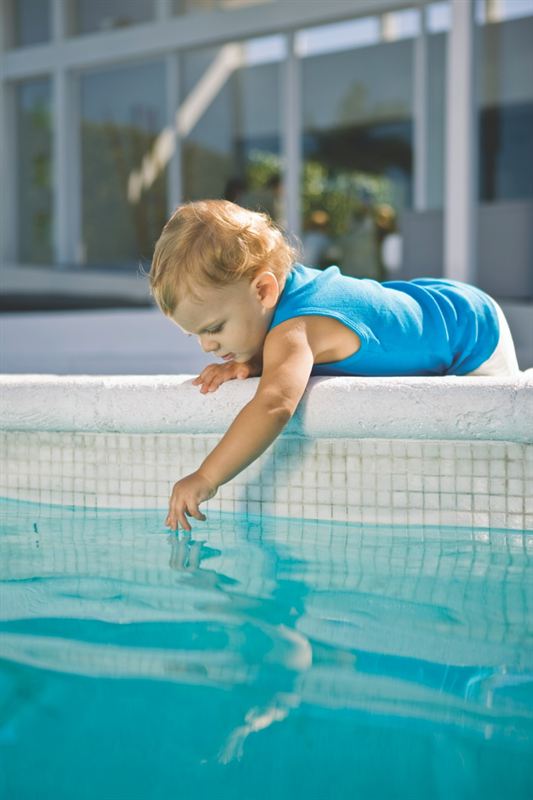 nine0066
nine0066 - One of the most important conditions for obtaining a good result in the end (in the absence of which, even the above-mentioned "Three Most Important Conditions" will have little effect!), Is the initial absence of the trainee's already practically incorrigible, strongly fixed incorrect swimming skills, very common recently, as a result of overly early "before coaching" unskilled (parental or "baby-instructor") training, for which now many parents, zombified by the promises of unskilled people about super-health and super-development, are foolishly going without knowing sufficient information on this issue, and being unable to restrain their "unspent parental enthusiasm", sincerely believing that there will definitely be no harm from this initiative of theirs. We wrote about all this in detail in the article “Early Swimming”, which, like all other materials that are extremely necessary reading for parents who want to turn their child into a good swimmer by the age of majority, we strongly recommend reading, because.
 On no other site (or in a book) you will find these topics described in such detail by professionals, illustrated, moreover, by an abundance of video examples. nine0066
On no other site (or in a book) you will find these topics described in such detail by professionals, illustrated, moreover, by an abundance of video examples. nine0066 - In a word - learn the so-called. "mat.chast", consult qualified Teachers and do not make stupid mistakes out of ignorance, i.e. immediately take the baby "from scratch" to a special children's pool to a conscientious qualified professional working according to the classical Method - and then, after years of training, your baby will become a good swimmer!
- * How good it is, of course, depends on the sum of many different factors, but, first of all, on the total amount of quality coaching work invested in him over all the years of training, i.e., in other words, on the total number of quality workouts. nine0066
- Well, at the end of the topic, especially for those for whom the opinion of our great swimmer Alexander Popov is as authoritative as it is for us, let me quote from his interview in which he answers the question "From what age is it better to give to swimming?":
Alexander Popov's opinion: "How old do you have to be to go to the pool?"
- “In my opinion, it is probably right to send a child to a sports section for swimming lessons from about the age of 7, when he goes to first grade - there is some expediency and logic in these actions.
 At this time, the child develops both the qualities of self-discipline and the organization of his working day: after school, do homework, then go to training, come to rest. I believe that from the first class you can give. But here it means that the child already has some initial swimming skills. nine0066
At this time, the child develops both the qualities of self-discipline and the organization of his working day: after school, do homework, then go to training, come to rest. I believe that from the first class you can give. But here it means that the child already has some initial swimming skills. nine0066 - (* Here Popov means that from 4 - 5 to 7 years old the stage of the so-called "preparatory swimming" takes place in a special children's "paddling pool". He is, of course, talking about the Sports Format !- / * note of the Trainers of the site «swim7»/)
- It is definitely better for a child to study in a group. Because children, by their nature, tend to play sports” (C) Alexander Popov
- =========================== ================================================= ===
- - From the point of view of most professional Coaches, it is best (to get the maximum result for the trainees and the maximum return on the coaching work and parental funds invested in the students) to start teaching children "from scratch" at the age of 6 - 7 years, because.
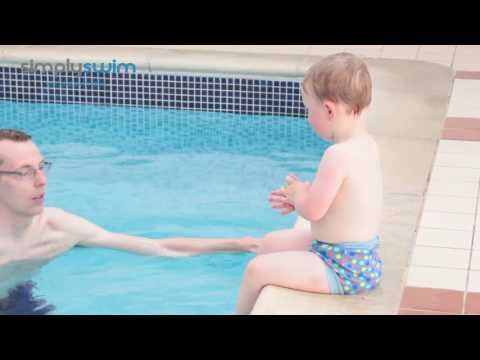 having worked out for 5-7 years, these children become quite good swimmers. Of course, not at the level of CCM / Master of Sports (although, in principle, this is possible with talent, diligence and a good mentor, but, however, this is not at all a typical case even with the Sports Format of classes), but, nevertheless, quite good swimmers -dischargers (1st or 2nd Adult Category) - for the most part, about the same by adulthood: Video: Teenagers' skills in various styles. nine0066
having worked out for 5-7 years, these children become quite good swimmers. Of course, not at the level of CCM / Master of Sports (although, in principle, this is possible with talent, diligence and a good mentor, but, however, this is not at all a typical case even with the Sports Format of classes), but, nevertheless, quite good swimmers -dischargers (1st or 2nd Adult Category) - for the most part, about the same by adulthood: Video: Teenagers' skills in various styles. nine0066 - In this variant, when "everything is right", and the parents of the kids also get the maximum result "per unit of investment", because, for every dollar invested in the education of their child, parents receive the maximum amount of "goods" they buy here ", i.e. the correct swimming skills developed and consolidated in their children.
- In other words, when parents begin to teach their children to swim strictly at a scientifically based time (set by the Standard Coaching Method) and do it by the hands of experienced highly qualified people - they get, as a result, maximum progress as a result of training, i.
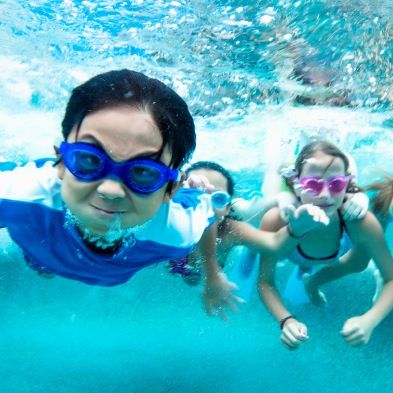 e. the best swimmer (by adulthood) for less money. nine0066
e. the best swimmer (by adulthood) for less money. nine0066 - As an example of such parental "common sense" - see, for example: A selection of VIDEOS: Teaching Children's Groups by Yu.M. for a year of classes (in total in the academic year from September to May ~ 70 lessons - 2 lessons per week) in the Sports and Recreation Group, i.e. 2 45 minute sessions per week.
- Once again the most important thing!
- - Many now seek to send their baby to swimming as early as possible and, in itself, this, in principle, would seem to be not bad at all ... But something else is bad: very often parents, maniacally pursuing this goal (start as earlier), or engage in amateur activities, or thoughtlessly give their kids to "teachers" of incomprehensible, unclear qualifications - FAKE specialists WITHOUT PROFILE COACHING DIPLOMAS (and / or in DEEP, UNSUITABLE FOR EDUCATION OF CHILDREN), and, as a result, the kids are strongly fixed wrong skills, from which to wean them later, even for a very experienced and conscientious professional (even one who is ready to invest titanic efforts into "retraining"), is almost impossible even in an individual format, and usually it is not possible to "retrain" them at all, especially if the classes are group, because in a group format, there is simply no way to retrain a "problem" child, tk.
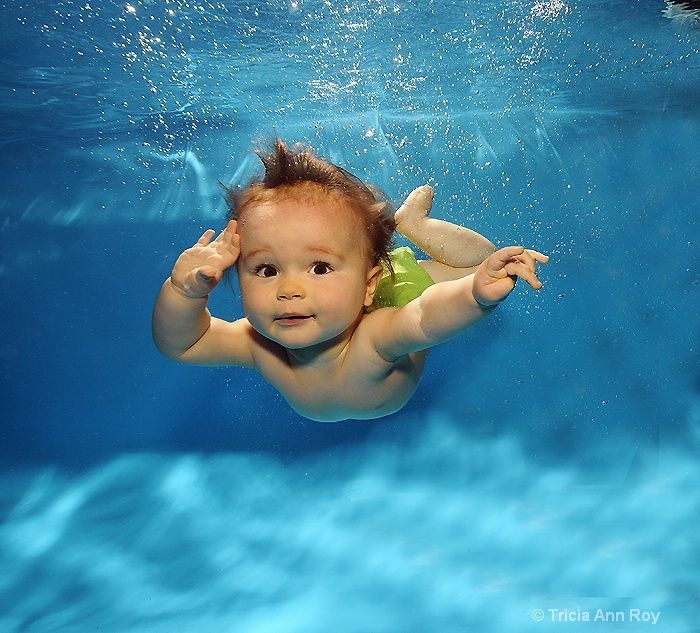 You can't leave other trainees either...
You can't leave other trainees either... - As practice shows, those who came to learn to swim relatively late (even at 8-9 years old) quickly catch up with their peers who go to the pool from 4-5 years old, because. the older the student, the faster he learns.
- Therefore, REMEMBER:
- Starting training as early as possible is not an end in itself, because First, you need to at least find a pool that is suitable in terms of depth (and length) with a qualified Teacher working there (according to the classical Method). If you have found such a place - OK, then there is no point in postponing the start of classes, but if you have not found such a place yet, then look for it, take your time, but DO NOT SEND CHILDREN TO DEEP POOLS UNSUITABLE FOR THEIR TRAINING, DO NOT SEND CHILDREN TO IMPOSTERS WITHOUT TRAINING DIPLOMS, which, as a rule, are simply "bathed in floating facilities." The results of such classes (in terms of acquired swimming skills) are simply catastrophic! nine0066
- Therefore, remember the proverb: "If you hurry, you'll make people laugh", don't listen to the "stoned" and buy your child only QUALITY classes!
REMINDER TO THE CONSUMER: What makes up the quality of Coaching Services
- The quality of Swimming Services consists of the presence of a combination of the following prerequisites:
- - and, even more so, not according to some someone's "notion" from the series "That's how voices whispered to me in my head", issued by the authors for the Method of teaching the ability to swim - for example: from "Mevis-1" , Firsova or Levchuk, etc.
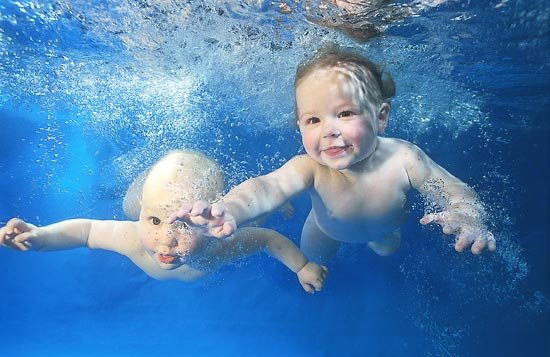 nine0066
nine0066 - * Science-based methodology is the method by which future Trainers are taught to work in a university for 5 years.
- such Coach who:
- a) at first, he himself was once professionally engaged in sports swimming (and not diving and not synchronized swimming, for example - although they have exactly the same Diplomas!) and achieved CCM / Master of Sports results in it ,
- b) then studied at a university for 5 years to teach others how to swim using a scientifically based methodology and, based on the results of the training received, received a specialized coaching qualification and a Diploma of the university confirming its receipt:
- c) after graduating from the university and obtaining a specialized coaching qualification, the Coach has worked in the profession for many years and now has a long experience in coaching (at least 10 years of experience is highly desirable) - moreover, he has it in the field of Primary Education, and not in the Sports of High Achievements, where the specifics are completely different, because there is a completely different contingent of trainees who are at the level of the highest sportsmanship - and, accordingly, the Coaches there have completely different tasks, in contrast to the Coaches of Initial Training, who teach basic swimming skills "from scratch" - and up to the level of "1st adult category / KMS".
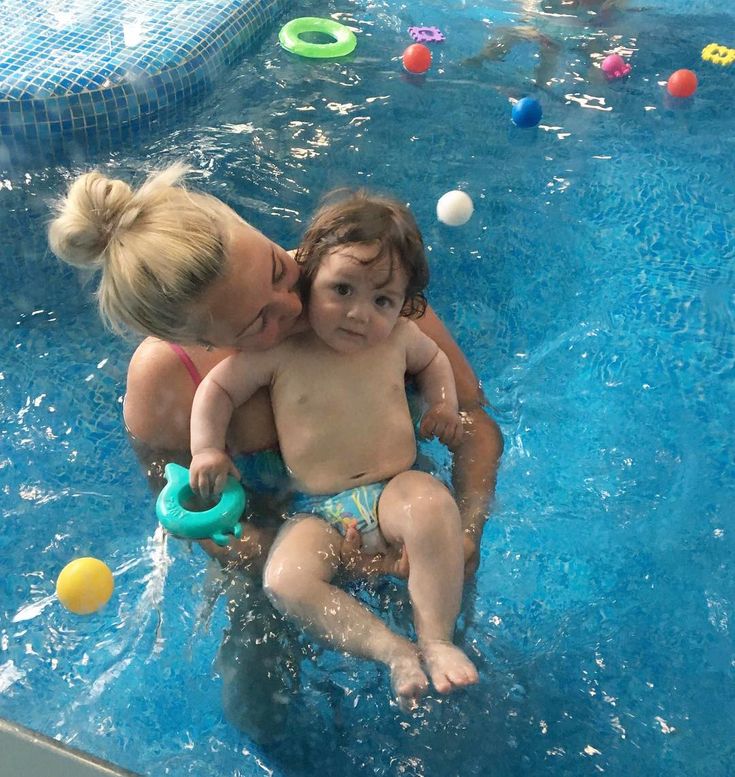 nine0066
nine0066 - It must be understood that the main way to deceive people when providing them with coaching services, due to the fact that the responsibility for this is purely symbolic - is Deception on the "quality of a Coach", i.e. when the Client is offered a person who does not have a profile qualification, but at the same time, he is cynically told that he will receive coaching services, allegedly from a real (qualified) Swimming Coach.
- * Such crooks are very easy to recognize, because when offering their Training Services to people, they never show the Clients the “Documents for the offered Goods” (i.e. Coaching Diplomas - in which the qualifications are indicated) in advance - so , as we do in the resumes of Trainers, for example, in order to separate ourselves from the crowds of swindlers who are now massively pretending to be our colleagues. nine0066
- Thus, if you are offered Services, but, at the same time, they do not show the Coaching Diploma of the proposed Teacher, then you should know: in 90% of cases - this means a guaranteed fraud (you are offered a person who does not have a profile coaching qualification), and in 10% of cases (when there are Diplomas, but for some reason they are not shown) - this simply means banal Russian rudeness, when Clients are treated disrespectfully, believing: “If they need to make sure that they have real coaching qualifications and they don’t want to take our word for it, then let them then ask to show them coaching documents - maybe we will show them.
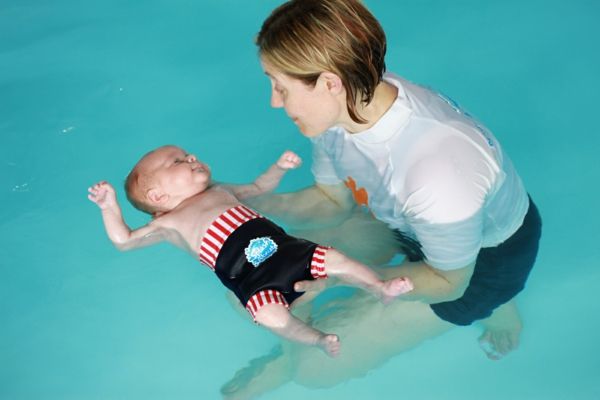 nine0066
nine0066 - Remember that when choosing coaching services, you should prefer those that show you the qualifications of the Coaches offered to you (ie their university diplomas) and are “clean”. And that's the first thing!
- 3. Also, you need to know that scientifically based methodology, at the stage of initial training, does not provide for any other swimming facilities, except for a swimming board - more. And the lessons themselves (with those who cannot swim) must necessarily be carried out in a "shallow place", i.e. where the trainee can stand confidently and the depth is "up to the chest" - more. nine0066
- The presence of the combination of the above necessary conditions (Methodology + Specialist trained to work according to it + proper conditions for classes) - invariably gives the maximum final result in the form of good (maximum possible) swimming skills for trainees obtained by them in the shortest possible time.
And a couple more words about “stoned”
- We recently stumbled upon a very funny mother on babyblog (on babyblog and similar resources, such mothers simply swarm, but this one outdid many with her “stubbornness!”), who has “makings” a child in swimming was allegedly identified at the age of 2 by some “coaches”, while she writes about hers in one of her comments: “, it turns out that we have the most correct trainer, who teaches the most correct technique ", and then she herself says:" The last time our coach told me that there was no need to work more on holding the breath, Fedor had already proved everything to everyone .
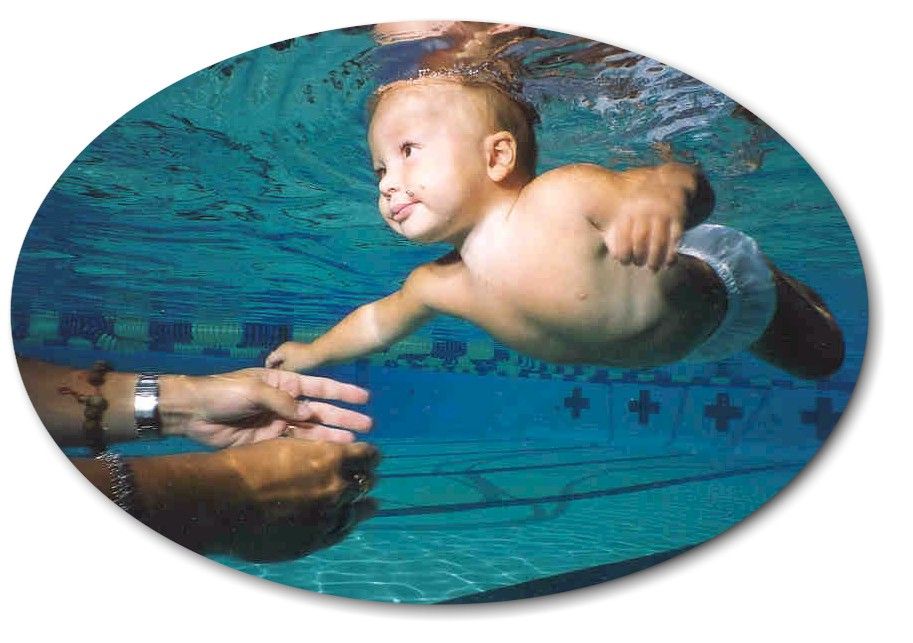 . . ":
. . ": - Taking this opportunity, let's repeat what we learned on this example.
- 1. "Inclinations" and "Prospects" in swimming are determined closer to the CCM, and certainly not in 2 - 3 years.
- * So, for example, "Inclinations" and "Perspective" for the Sports of High Achievements for Alexander Popov were determined by Gennady Turetsky when Popov had the 1st adult category. nine0066
- 2. “ teaching according to the most correct technique ” - they teach, in fact, not according to technology (so even to say somehow not in Russian!), but, usually, according to some Method ... - according to scientifically sound, pseudo-scientific, or they work without any Method at all, i.e. they simply conduct classes according to the principle "As God puts on the soul."
- 3. Such a Method that would provide for at least some “work on holding the breath” for babies (as well as the start of classes at 2 months) - this simply does not exist on planet Earth yet, but such manipulations are carried out with crumbs (expediency which are explained by the fact that such manipulations “develop” and “preserve” the breath-holding reflex in crumbs - therefore, this should be done when teaching children to swim) only all kinds of unskilled swindlers from the so-called.
 "baby swimming", the logic of which stems from the so-called. "Firsov's Methods" (which, in real life, is not even a Method, but just a banal populist brochure advertising a pseudo-scientific Method)
"baby swimming", the logic of which stems from the so-called. "Firsov's Methods" (which, in real life, is not even a Method, but just a banal populist brochure advertising a pseudo-scientific Method) - 4. But when, with all this, they also say (moreover, as about the norm!) that the baby “proves” something to someone (because, according to their logic, this it’s normal when, at that age, a child is already “proving” something to someone - which is pure psychiatry in itself!), then there is no longer any doubt about what kind of story they have there - what is there they have a "trainer", what kind of "method" and how exactly this poor Fedor proves something to them there ...0066
- How it's done in practice - see the video HERE - namely Plots: 1, 3, 6 and others.
Special thanks to deputy Grigoriev Alexander Anatolyevich
- I would like to say a separate coaching thank you to the deputy of the Kirov City Duma, the head of the public organization "Council of Fathers" - Grigoriev Alexander Anatolyevich, for not only understanding the common sense propagandized by specialized specialists, but and for the fact that he also replicates this information on his own website.
 Thank you for this, Alexander Anatolyevich! We wish we had more such reasonable people's deputies! nine0066
Thank you for this, Alexander Anatolyevich! We wish we had more such reasonable people's deputies! nine0066 - Thank you! We were not even offended by a rewrite of SUCH QUALITY ;-)
P.S. to the topic “How to attach a child to quality education in the swimming pool”
- From the conversation of Shcherbakova Yu.M. with Parent on the forum 08/26/08:
- Quote:
- alzhbetka Aug 26 2008, 08:53 PM
- qualified. That's why I wanted to know0066
- Answer:
- Yes, indeed, it is written on the page obuchenie_plavaniu_trener-samozvanec.html. - And although it was written several years ago, I do not think that the situation has changed for the better.
- And this, in fact, is not only in "ХХХХХХХ", it is, alas, practically in all pools - certified Coaches and people who, although they are called coaches (by position), work interspersed, but in fact they did not study as a swimming coach at the institute for 5 years, they themselves did not seriously engage in sports swimming and, accordingly, they did not have any more or less significant categories in swimming - let's say: CMS level - Master of Sports, they also do not have any, more or less significant coaching experience - they do not have the same positive results of work (in the form of well-trained kids), which it would not be a shame to show people (at least in the form of a video posted on youtube) and say: " These are the skills of the children trained by me, I offer you exactly this product.
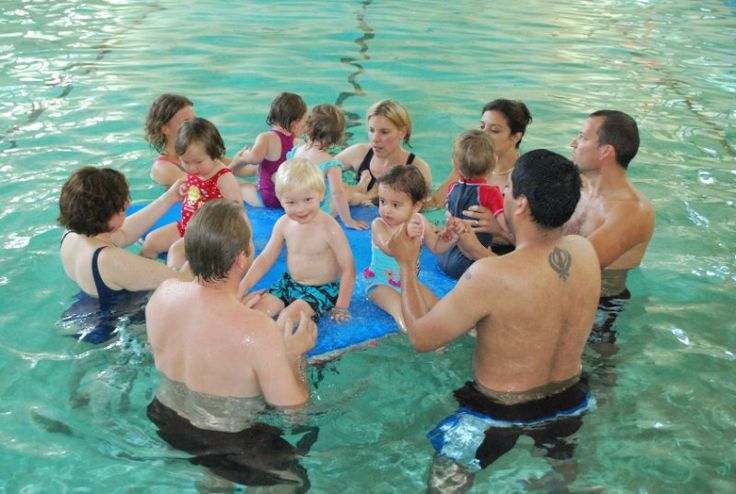 If you bring your baby to me, then he will be guaranteed to swim in about the same way after about the same number of classes. " nine0066
If you bring your baby to me, then he will be guaranteed to swim in about the same way after about the same number of classes. " nine0066 - But where did you see such reasonable parents who are looking for just such Coaches? As a rule, they give to someone no matter what, without asking any questions, without finding out the degree of quality of the proposed training. It's a pity! After all, this is "money down the drain" and the baby will be a bad swimmer :-( the dynamics will continue. hire the best qualified personnel), post ads on the Internet up to the following: "We invite a swimming coach - any education, any work experience" - For more details, see here: Training in Fitness Clubs
- Isn't it clear what then happens to the "personnel issue" in simple - cheaper pools???
- Of course, we cannot constantly monitor all pools and Fitness Clubs for the presence of fake Coaches, and this is not our task. -1:
- "Doing Operative Investigative Activities, finding out if the Mavis 1 guys (or anyone else) are Graduated Coaches or Self-Taught Coaches, we are not going to do it for your benefit, or for the benefit of anyone else.
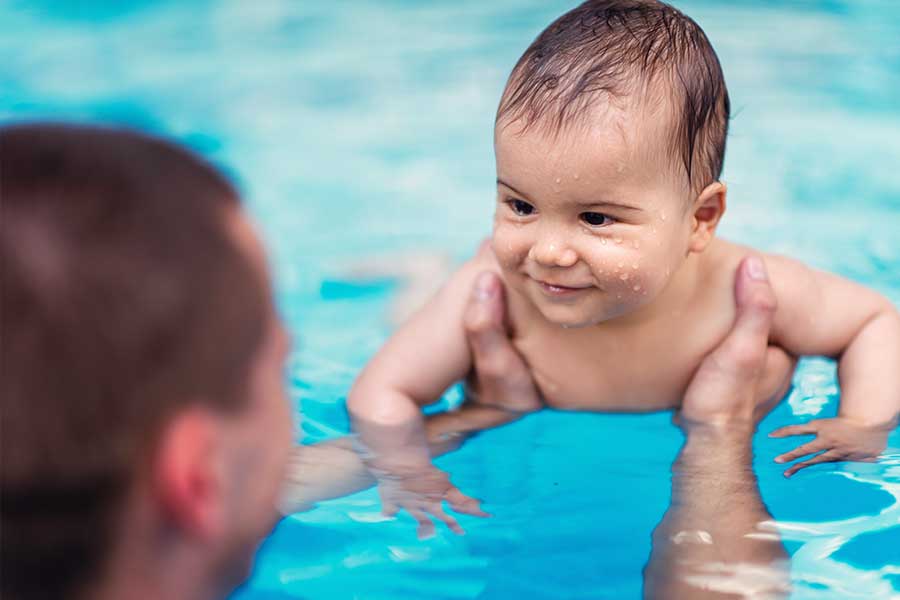 This Excuse me, your business is to find out the quality of the product or service for which you intend to pay money. nine0066
This Excuse me, your business is to find out the quality of the product or service for which you intend to pay money. nine0066 - I can only add that once a "parent" who called us said: "The child has been going to the Olympic swimming pool for 2 years, but still can't swim. ... They teach in vests and armlets, we, parents, watch how the classes go ...
- As you understand, we cannot double-check such messages...
- So, it's up to the buyer, when he is offered a service, to find out: "Who will directly provide the service to us?" - A qualified specialist? - Excellent How can you be sure of this? Can you illustrate with some documents your statement that it is the Qualified Specialist who will provide the service to us? - Or should we "take our word for it"???0066
- - Again, HOW QUALIFIED??? Does he have a coaching diploma or does he only have a coaching certificate?
- How much experience does he have in the field of teaching swimming to children of this particular age category?
- Does he have any personal achievements (ranks or sports titles) in this sport that he received at one time?
- If a person is interested in receiving a quality service, then he cannot but ask these simple questions, which boil down to clarifying the true "quality" of a Specialist.
